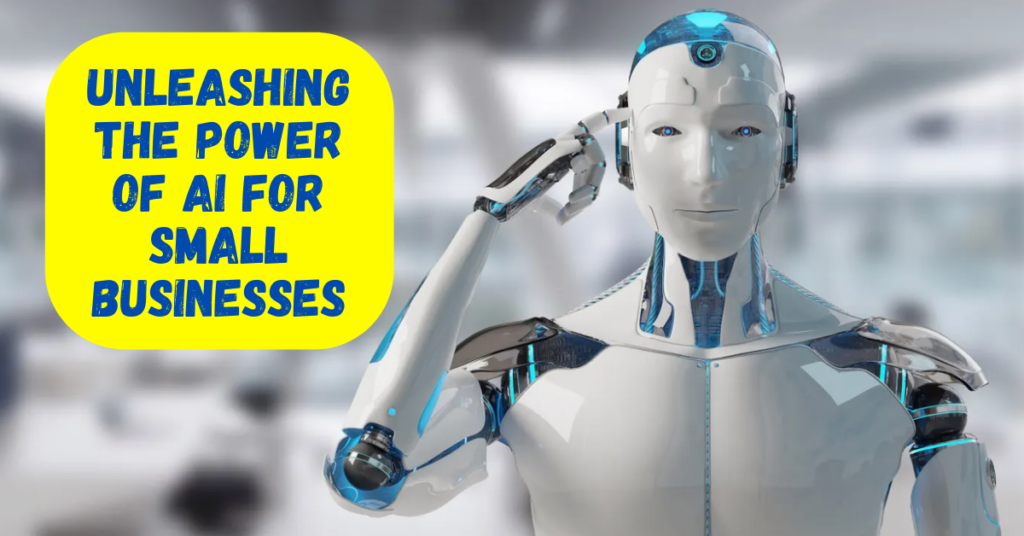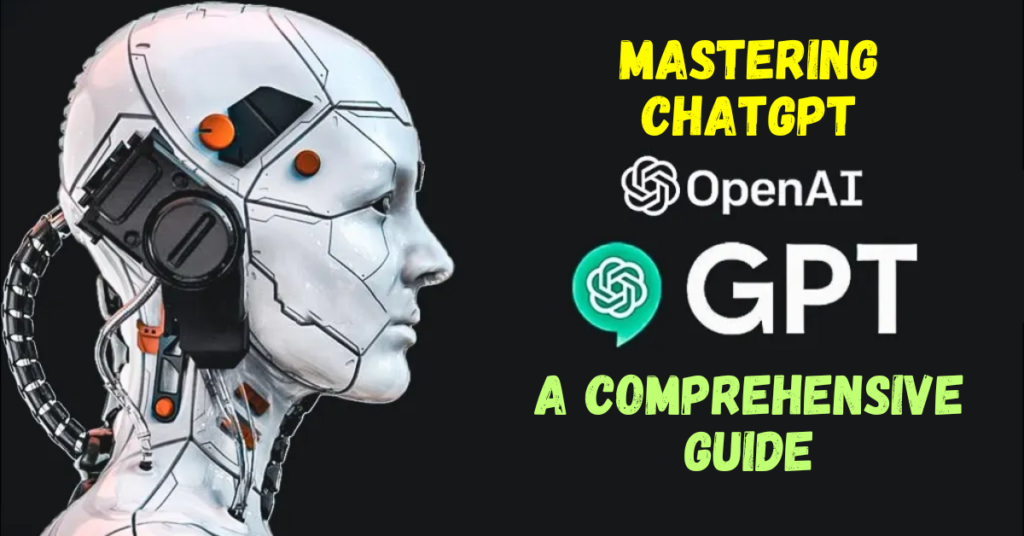
Introduction: The Comparison to Literacy
In contemplating the ascent of Artificial Intelligence (AI), it’s reminiscent of the historical rise of literacy. Just as literacy once seemed confined to the privileged few, AI, too, has been primarily in the domain of tech giants and skilled engineers. However, a paradigm shift is underway, akin to the democratization of literacy, where AI is no longer the exclusive realm of the elite.
The Current AI Landscape
Concentration in Tech Giants
AI, in its current state, largely resides within the confines of big tech companies. These companies, with their vast resources, have spearheaded AI projects, reaping substantial economic rewards, particularly in sectors like web search and online shopping recommendations.
The Challenge for Small Businesses
However, this centralized model doesn’t translate well outside the tech sphere. Small businesses, like local pizza stores or independent T-shirt companies, lack the resources to invest in bespoke AI solutions. Yet, they generate valuable data, untapped potential that AI could leverage to enhance operations and profitability.

The Long-Tail Problem of AI
Customization is Key
The crux lies in the diverse needs of businesses, each requiring tailored AI solutions. From demand forecasting to quality control, every industry and even individual businesses within those industries demand unique applications of AI.
Untapped Potential
Millions of projects, albeit small-scale, remain unexplored due to the cost-prohibitive nature of traditional AI development. However, the aggregate value of these projects is monumental, representing an untapped reservoir of innovation and economic growth.

Empowering Small Businesses with AI
A Shift in Development Paradigm
Traditionally, AI development necessitated extensive coding knowledge, limiting accessibility. However, emerging platforms focus on data input rather than coding expertise, democratizing AI development.
Democratizing Access
Accessible platforms allow individuals, irrespective of technical background, to contribute to AI development. By providing data and feedback, users can train AI models to address specific business needs, from defect detection in fabric to product placement optimization.
Economic Empowerment
For small businesses, this shift represents a transformative opportunity. AI empowers them to streamline operations, enhance product offerings, and ultimately increase profitability. From bakeries to organic farms, AI has the potential to revolutionize industries across the board.

Conclusion: A Vision for the Future
The democratization of AI heralds a new era of innovation and economic empowerment. By decentralizing AI development, we unlock its transformative potential, ensuring that its benefits are accessible to all. Just as widespread literacy revolutionized society centuries ago, democratizing AI promises to reshape the economic landscape, driving prosperity and progress for businesses of all sizes.
FAQs
- Can small businesses really afford AI technology?
- Absolutely! With the emergence of accessible AI development platforms, the barrier to entry has significantly lowered, making AI technology more affordable and attainable for small businesses.
- How can AI benefit businesses with modest datasets?
- Contrary to popular belief, AI can derive value from modest datasets. Even small-scale businesses generate valuable data that, when leveraged effectively, can yield meaningful insights and optimizations.
- Are there specific industries that stand to benefit the most from AI democratization?
- While all industries can potentially benefit from AI, those with repetitive tasks, complex data analysis needs, or high customer interaction are particularly well-suited to leverage AI technology.
- What skills are required to utilize AI development platforms effectively?
- Technical proficiency is not necessarily a prerequisite. Many AI development platforms prioritize user-friendly interfaces and require minimal technical knowledge, focusing instead on data input and feedback.
- How can businesses stay ahead in adopting AI technology?
- Staying informed about emerging AI trends, investing in employee training, and actively seeking out accessible AI development platforms are key strategies for businesses looking to leverage AI effectively.
Thanks for Visiting Us In Focus!
For DMCA complaints, please visit our DMCA Form / Report Content
Follow us on other platforms as follows:
Facebook – https://www.facebook.com/usinfocus
X (formerly Twitter) – https://twitter.com/usinfocusdotcom


